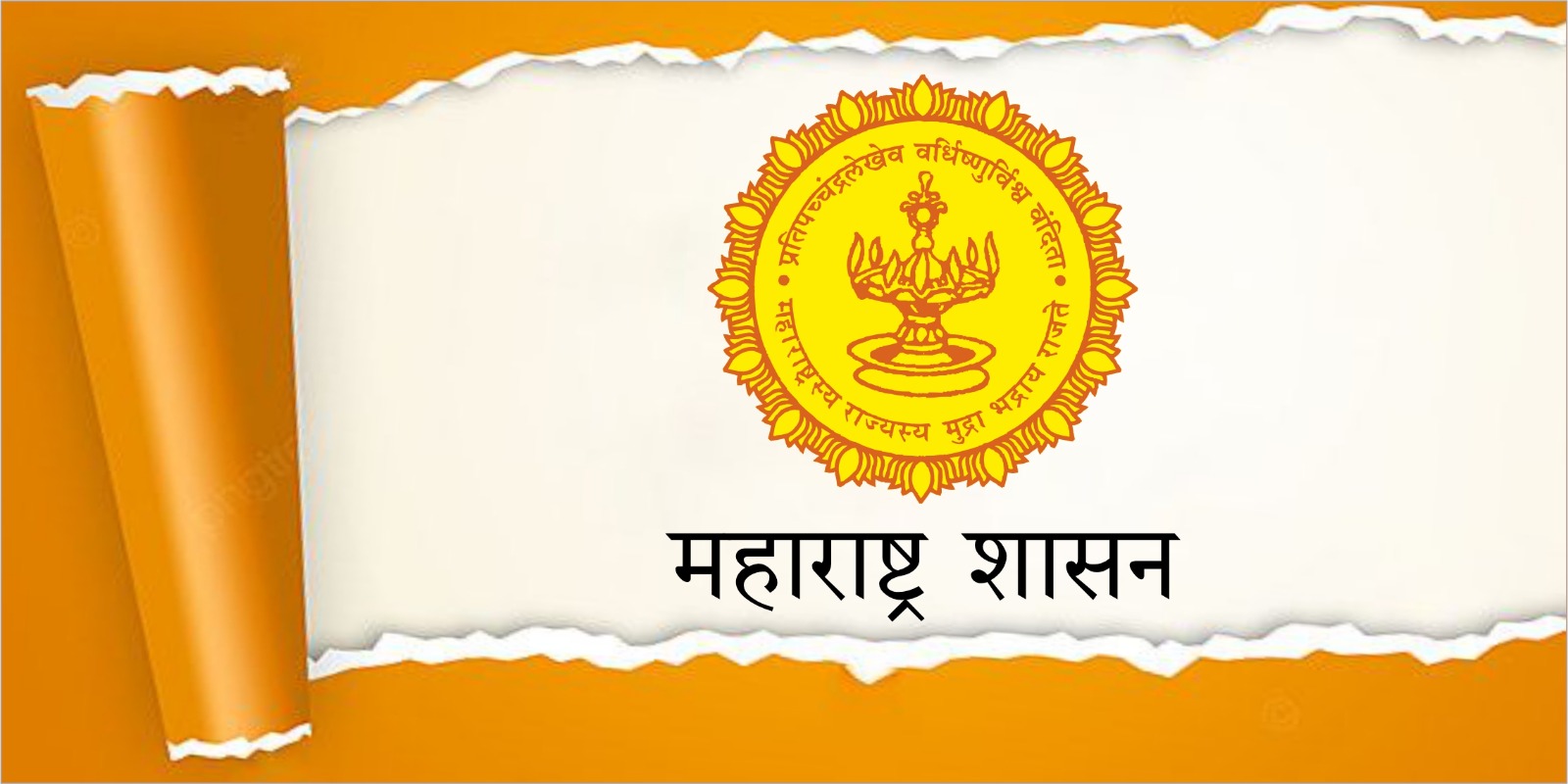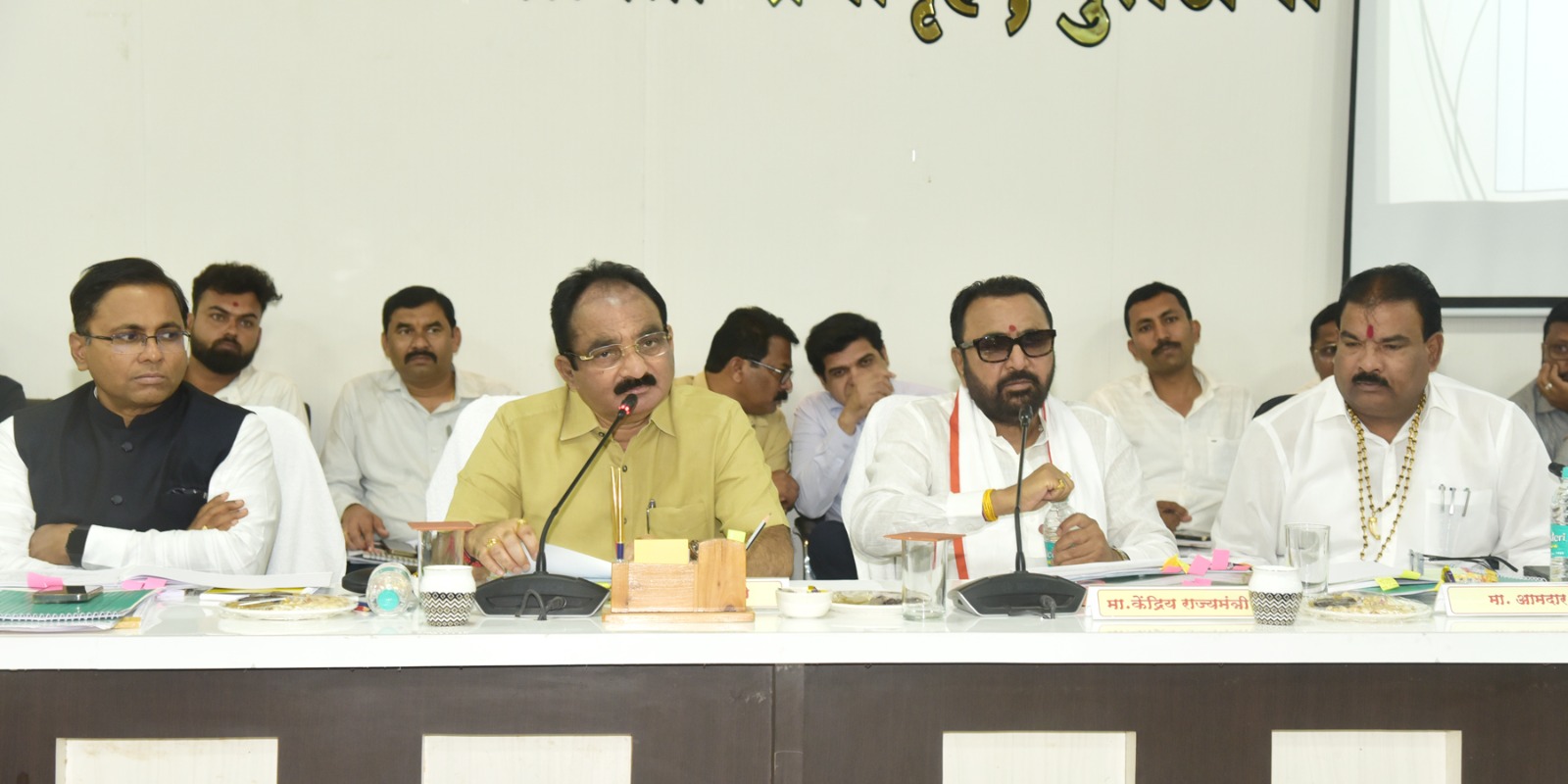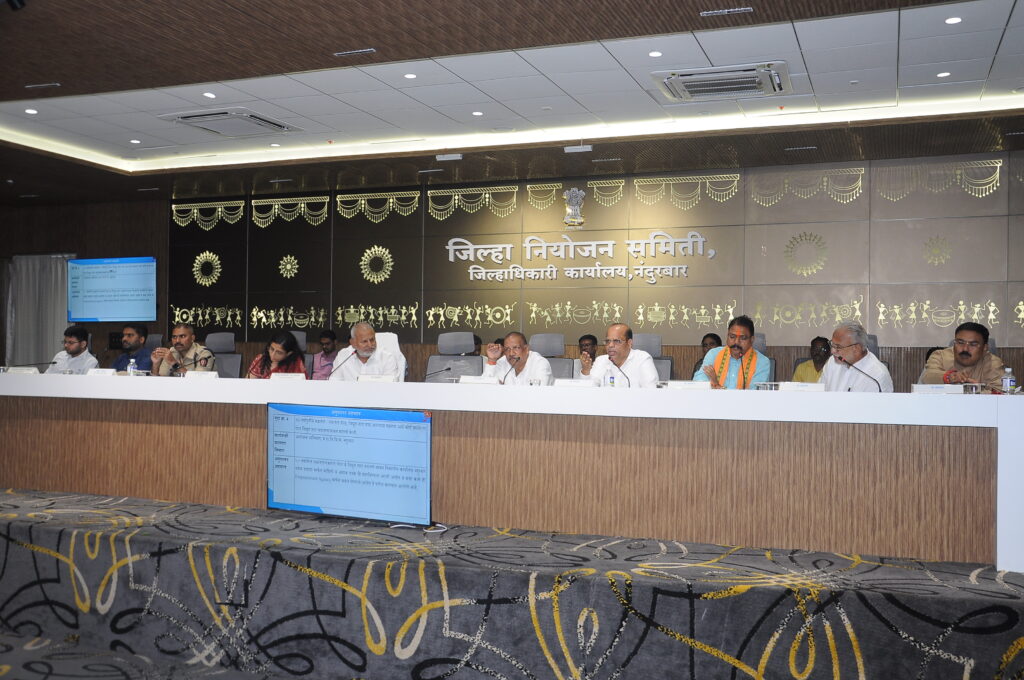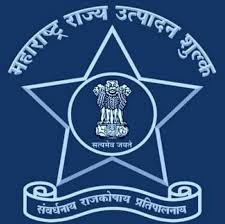With the advent of technology – and the pervasive invasion of social media – the concept of privacy has been reduced to a ‘necessary’ illusion.
With the advent of technology – and the pervasive invasion of social media – the concept of privacy has been reduced to a ‘necessary’ illusion.
‘Necessary’, for the information we yield consensually to the public domain – mostly to tech giants and data aggregators – affords us certain comforts and luxuries (home delivery of almost everything under the sun to endless media access, online jobs etc).
But the endless barrage of incoming data is not without peril. There is so much personal data available online that one’s digital footprint can betray more information than what we are willing or comfortable to part with.
An Instagram chat group called ‘Bois Locker Room’, with hundreds of boys from South Delhi, has been allegedly used for sharing photos of underage girls, objectifying them, and planning ‘gang rapes’, revealed a Twitter user on 3 May, triggering outrage.
While we do sign off on trusting giant tech conglomerates with information about your location history, your preferences, your spending patterns and even your thoughts, the same information can be exploited by individual users as well.
This is where Doxxing comes in. A process of collecting and publishing of someone’s private information online, usually with the intent of inciting harassment in real life.
While not technically illegal, it’s still considered to be harassment by most people.
What Exactly is Doxxing?
Doxxing involves looking up the details of people’s lives, usually by digging through their social media profiles, publicly available data, government records and even comments across old and defunct message boards.While snippets of this information might be irrelevant individually, put together, they can cause real harm.
For example, a deep Google search of a person can often yield social media profiles, email IDs, electoral roll listings (that holds address, phone number, father’s name etc), property listings, court case records, product and service reviews left by the user, mark-sheets, admit cards among countless other things.
Purpose of Doxxing
The purpose or intent of this exercise is usually to harass someone publicly, dig up dirt on a person to expose them to legal prosecution, to draw criticism towards that person, or, as in some cases, to cause them physical harm.
Countless people’s lives have been ruined by doxxing – with viral campaigns dedicated to public shaming, considered to be the online equivalent of mob lynching.























 WhatsApp
WhatsApp